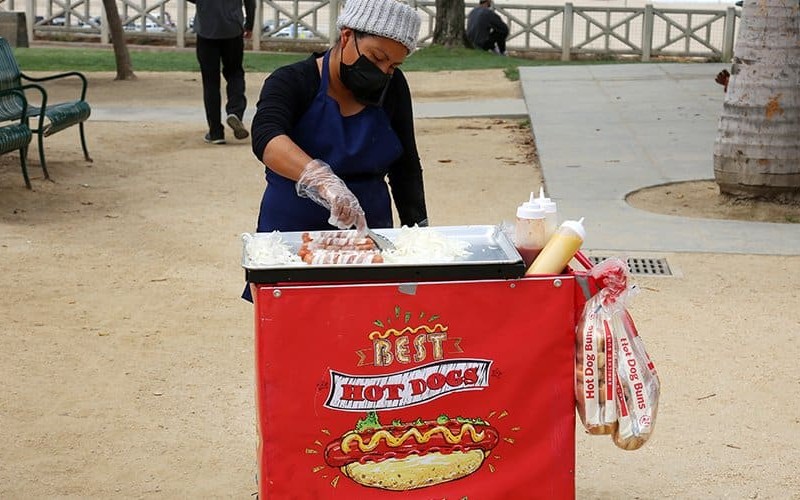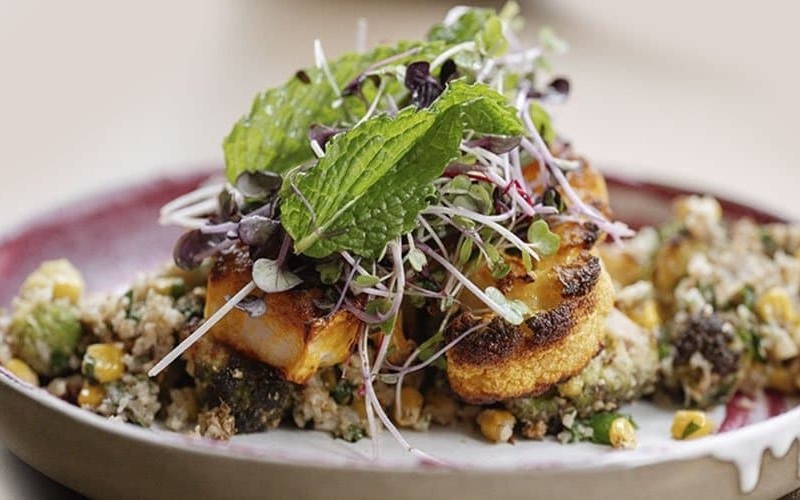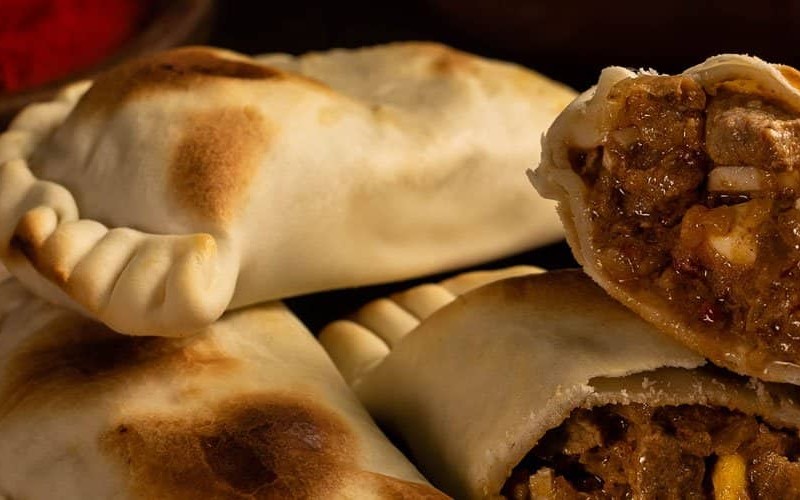Where Did the Bacon Wrapped Hot Dog Come From?
Ever taken a bite of a bacon-wrapped hot dog and wondered, “Who in the world came up with this genius idea?” The answer might surprise you – and even spark debate.

If you haven’t had the pleasure of savoring a bacon-wrapped hot dog yet, you might be missing out on one of life’s simple pleasures (unless, of course, you’re a dedicated member of the plant-based crowd.) For meat enthusiasts, though, bacon-wrapped hot dogs are an absolute must-try culinary experience!
Take a stroll down the sun-drenched streets of LA, and you might stumble upon this street food superstar, sometimes dubbed the “danger dog” due to the potential safety concerns associated with a few unlicensed vendors who don’t abide by all health and sanitation requirements. This iconic LA street food has spread beyond LA, but they remain synonymous with the city’s electrifying nights, echoing laughter from post-bar and club outings, and lighting up those lively street corners.
Where did the bacon-wrapped hot dog come from?
This sizzling sensation isn’t some trendy newbie. Believe it or not, most food scholars (yes, there are those who have delved into this) trace its roots to Hermosillo, Sonora, Mexico, possibly from a wandering circus in the early 20th century. By the 1950s, vendors were skillfully wrapping franks with bacon and selling them on the streets, solidifying the hot dog’s place in local culture.
Traditionally, these bacon-wrapped hot dogs were encased in bolillo, a savory bread reminiscent of a baguette. However, a delightful fusion of Mexican and U.S. culinary traditions eventually led to the adoption of the traditional hot dog bun. And honestly, it’s a culinary evolution worth celebrating. This is the beauty of cultures merging – it brings together the best of both worlds.
As the border between Mexico and the United States began to blur, so did the territory of the bacon-wrapped hot dog. Hermosillo was undergoing Americanization, marked by the presence of one of the world’s largest Carl’s Jr. restaurants. Meanwhile, hot dog carts carrying “dogos” began migrating across the border to Tucson, Arizona, setting up shop on unpaved corners and activating large parking lots after business hours.
The thing is, regardless of its exact genesis, we can all be grateful for this mouthwatering marriage of flavors. Though proud Californians often lay claim to the “danger dog” as a California staple, and some argue they originated in Tijuana, Mexico, most origins can be traced back to Tucson, Arizona, for popularizing these franks after their Sonora-Arizona journey.
Sonora, LA, or Tucson, wherever your feet (or your stomach) take you, you’re in for a treat. Feeling the antojo? Whip up your own! Just swaddle a hot dog in bacon (toothpicks are your friend!), grill until crispy, crown with your fave toppings, and bask in the yum!




